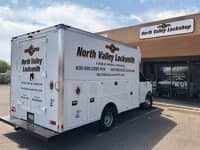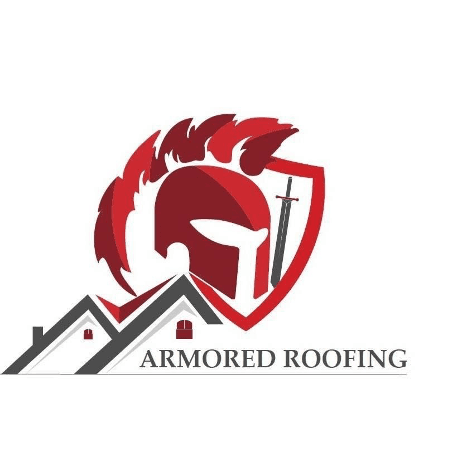You’ve saved up the money, and now you want to buy a house. Should it be a new one or an older one?
John Gluch of ReMax Platinum Living in Scottsdale, recommends that buyers keep an open mind and not get stuck on buying only one or the other.
“Decide where you want to live and the number of bedrooms you want to have, and then look at both new and old houses,” Gluch says.
The case for buying a new home:
- Sometimes buying a new home can be less costly– especially if it’s a location far from the central city. However, hat might mean a longer commute to work.
- These homes have a clean, fresh feeling – no one has even used the shower or the bathtub before. You will have the chance to design your dream house. But you do have to watch out for choosing too many upgrades for your new dream home for it can become costly.
- In general, new houses offer modern architecture and layouts with those desirable wide-open kitchen-and-family-room floor plans as well as new appliances and up-to-date cabinets and countertops.
- Newer houses can be safer. They have the right smoke and carbon monoxide detectors and automatic sprinkler systems. They’re also more energy efficient with insulation and heating and air conditioning systems that can save you money. They have dual-pane windows with special coatings to help keep out heat and sun in summer and cold in winter.
- Always check into the background of the contractor or company that’s building your home so that you can be sure that the development will be completed and that the company will honor warranties. You can find the names and histories of companies on the Arizona Registrar of Contractors Web site.
The case for buying an older home:
- Many buyers are often interested in these older homes just because they are smaller and less expensive. They can also have interesting architecture and even hardwood floors. They’ll also be close to stores and restaurants and public transportation.
- Older “historic” homes that haven’t been renovated are probably the least costly. But fixing outmoded plumbing, electricity and insulation can be very expensive. Another option is buying a subdivision home that was built in the 1950s, ‘60s, ‘70s or even more recently. Although these aren’t historic houses, they may still need some work like taking down walls, replacing single-pane windows, or putting in a new shower.
- Whenever you buy an older home, you need to have an inspection of the roof and the basic technological systems in the house so that you know what you’re buying and what you have to fix.
- In some respects, it’s better to buy a house that’s as close to original condition as possible. Beware of buying a home that has been heavily remodeled almost “overnight” by a seller who used inferior materials and did not get proper building permits. Every add-on and addition needs to be verified that the work was permitted and completed by a licensed contractor. We are seeing many nightmare stories from homeowners who have bought an investor flip home that has not been up to par.
- We definitely encourage all younger buyers with do-it-yourself experience to put their skills to work at improving older homes. It’s a way of building up the equity in a first home.
















